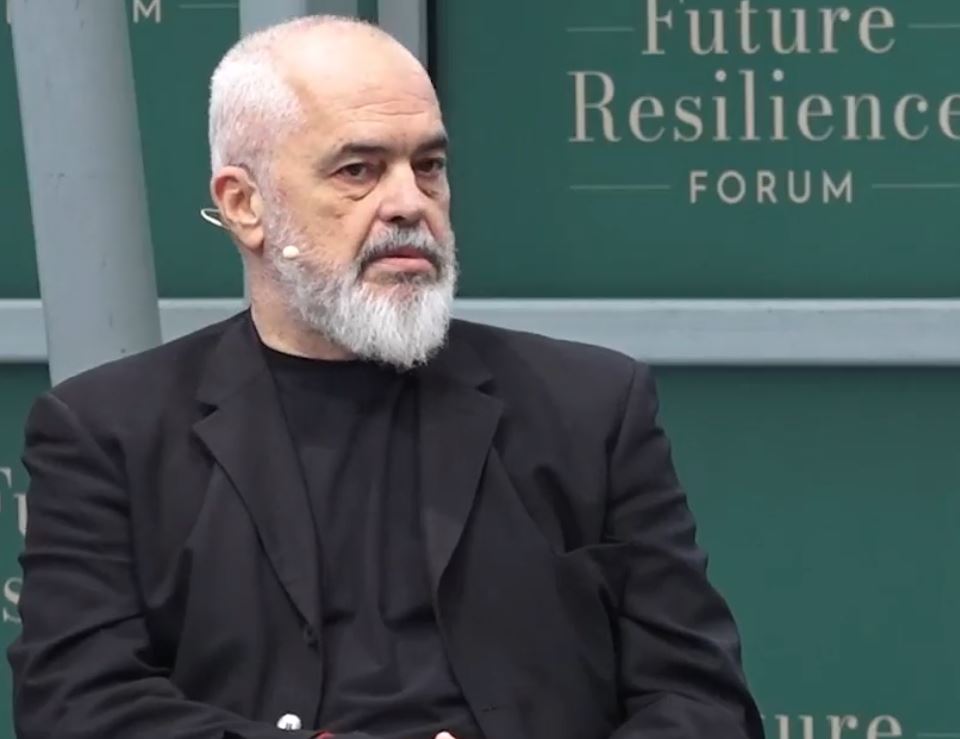Montenegro’s government meets 67.25% of openness criteria, ranking third in the Western Balkans for transparency behind North Macedonia and Bosnia and Herzegovina, a study by the Center for Democratic Transition (CDT) showed on Friday.
The Regional Openness Index found that North Macedonia’s government scored 77.32%, the Council of Ministers of Bosnia and Herzegovina 73.72%, while Serbia’s government met 54.74%, CDT Deputy Executive Director Milena Gvozdenovic told reporters.
The index measures how open Western Balkan institutions are to citizens and society.
Gvozdenovic said Montenegro’s openness policy was applied “arbitrarily, without a strategic vision and effective mechanisms to ensure transparent behavior.”
She said the legislative process remained opaque and citizens were excluded from decision-making. Large economic projects and major decisions, including agreements with the United Arab Emirates, a long-term airport concession and the Velje Brdo project, were marked by “pronounced non-transparency,” she added.
The delay in adopting a new Law on Free Access to Information showed a lack of political will to improve government accountability, Gvozdenovic said.
Some key policies were decided during telephone sessions, which she described as a way to avoid public and media scrutiny.
“The prime minister and some ministers rarely gave interviews, and when they did, it was usually selectively, favoring outlets close to them,” she said. “Such an approach limits access to information and undermines transparency.”



